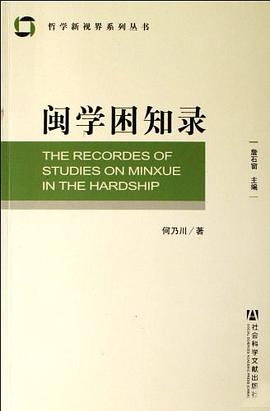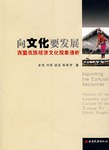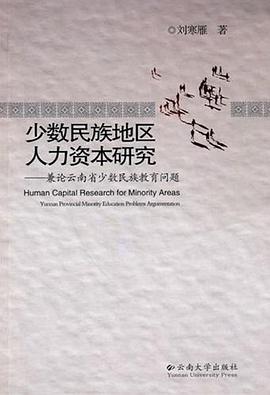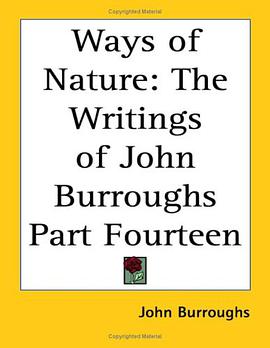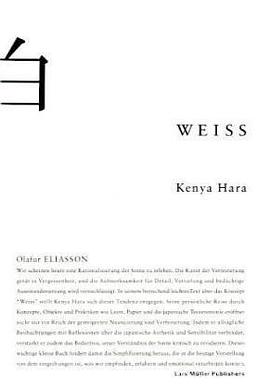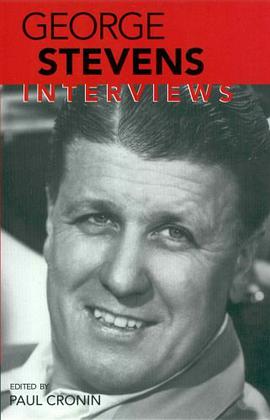

具体描述
FILM A] BIOGRAPHY-- At first glance, George Stevens (1904A1975) appears to be the quintessential Hollywood director. A closer look at his achievements shows him to be more than just the creator of some of the smartest melodramas and comedies of the 1930s and 1940s, including "Annie Oakley," "Swing Time," and "Gunga Din." Several of his films--"Giant," "The Diary of Anne Frank," "Shane," "The Greatest Story Ever Told," and "A Place in the Sun"--are regarded as some of the most important and enduring dramas of postwar American cinema. As a leading producer and director of his era, Stevens repeatedly pushed against the Hollywood grain and clashed with censors. "George Stevens: Interviews" showcases the deep moral vision of a director who is as meticulous, discerning, and contemplative in his conversations as he is as a filmmaker. Although not regarded as an auteur during his career, Stevens can now be understood as one of America's most personal and distinguished directors. Throughout this collection, his increasing concern over the control of his films is evident, and, like Alfred Hitchcock and Howard Hawks, he became a producer/director who claimed absolute control over his work. His interviews show a man committed to his chosen art and fully aware of the responsibilities that come with that choice. Paul Cronin is a writer and filmmaker.
作者简介
目录信息
读后感
评分
评分
评分
评分
用户评价
相关图书
本站所有内容均为互联网搜索引擎提供的公开搜索信息,本站不存储任何数据与内容,任何内容与数据均与本站无关,如有需要请联系相关搜索引擎包括但不限于百度,google,bing,sogou 等
© 2025 book.quotespace.org All Rights Reserved. 小美书屋 版权所有


